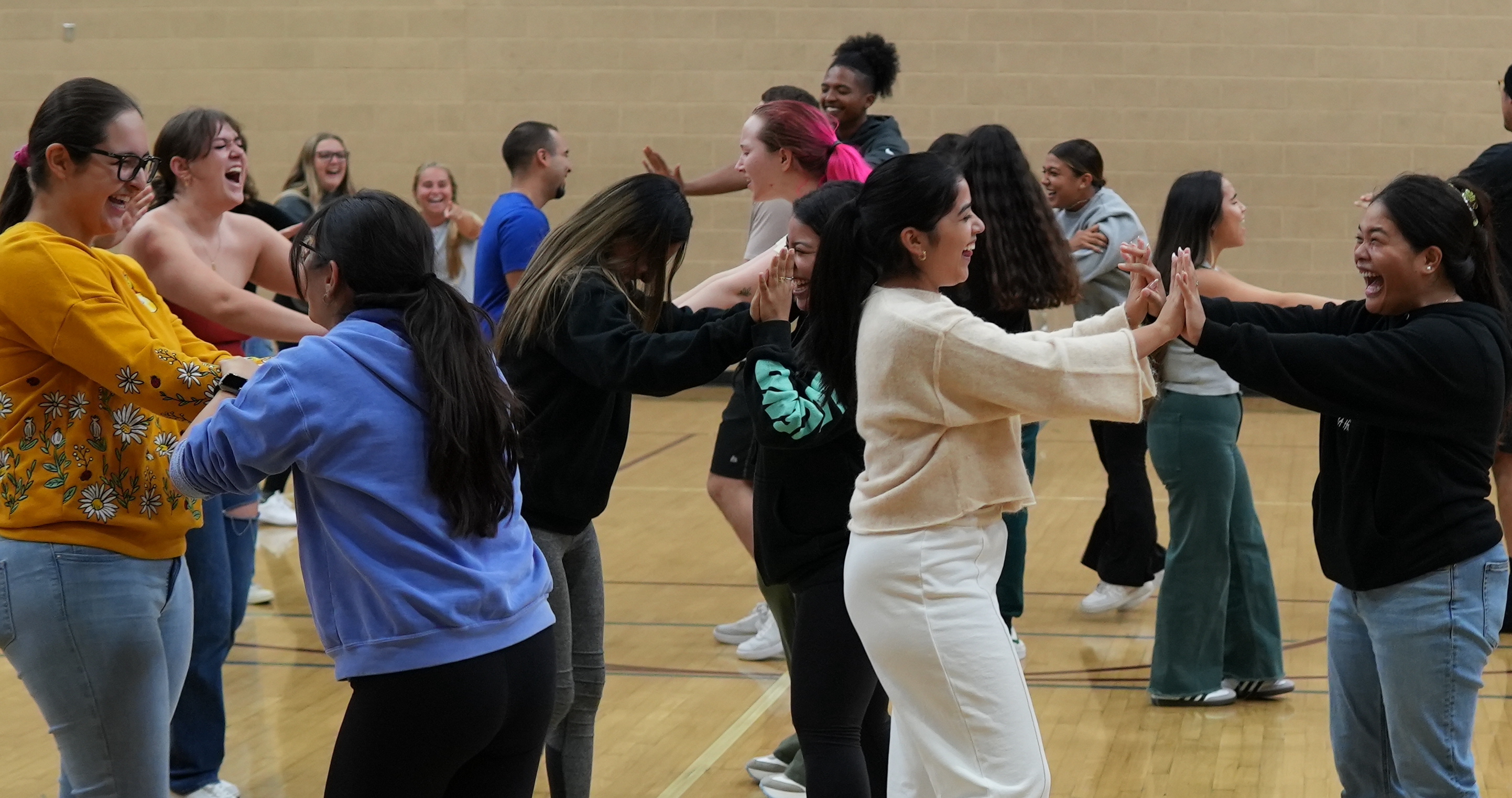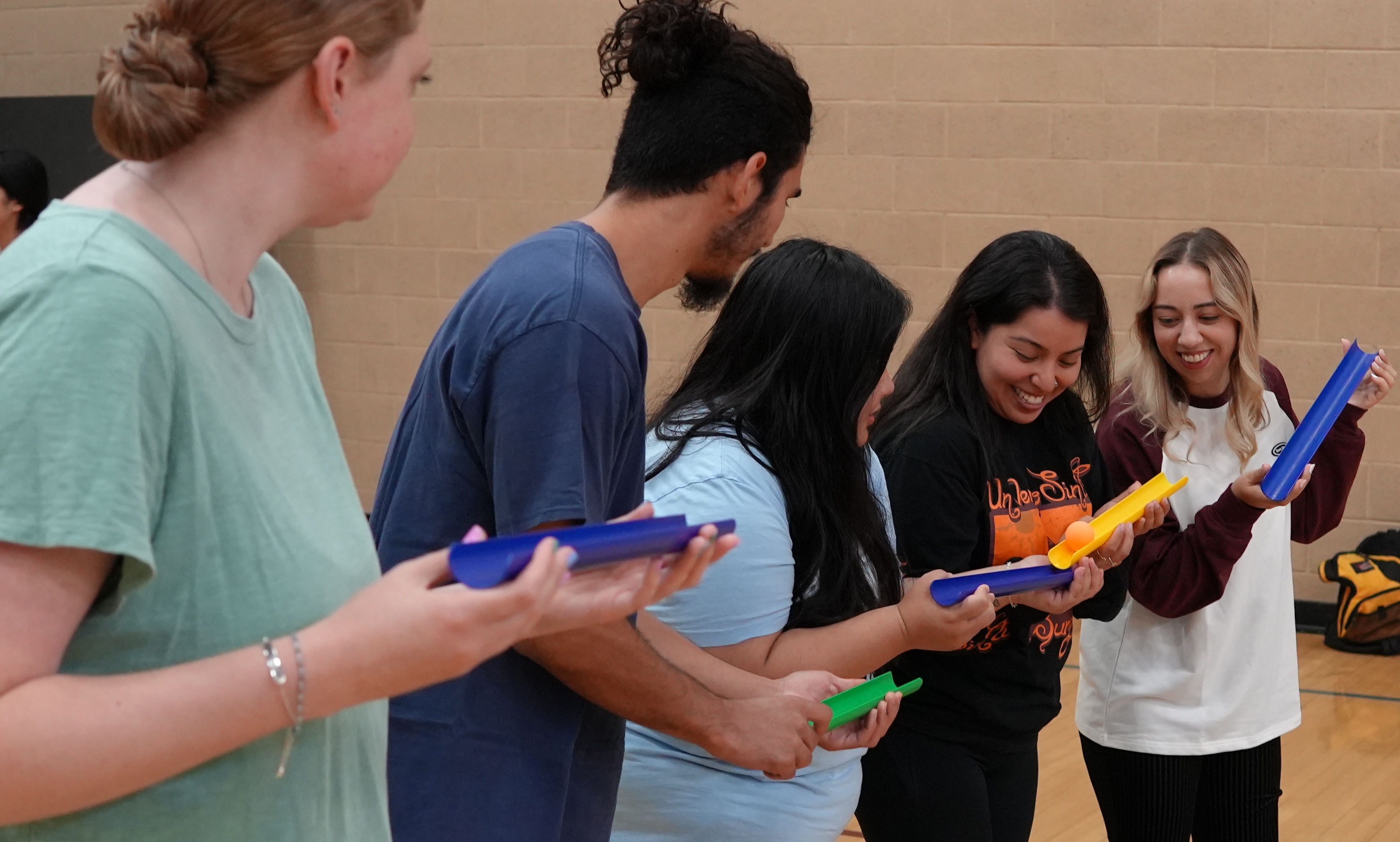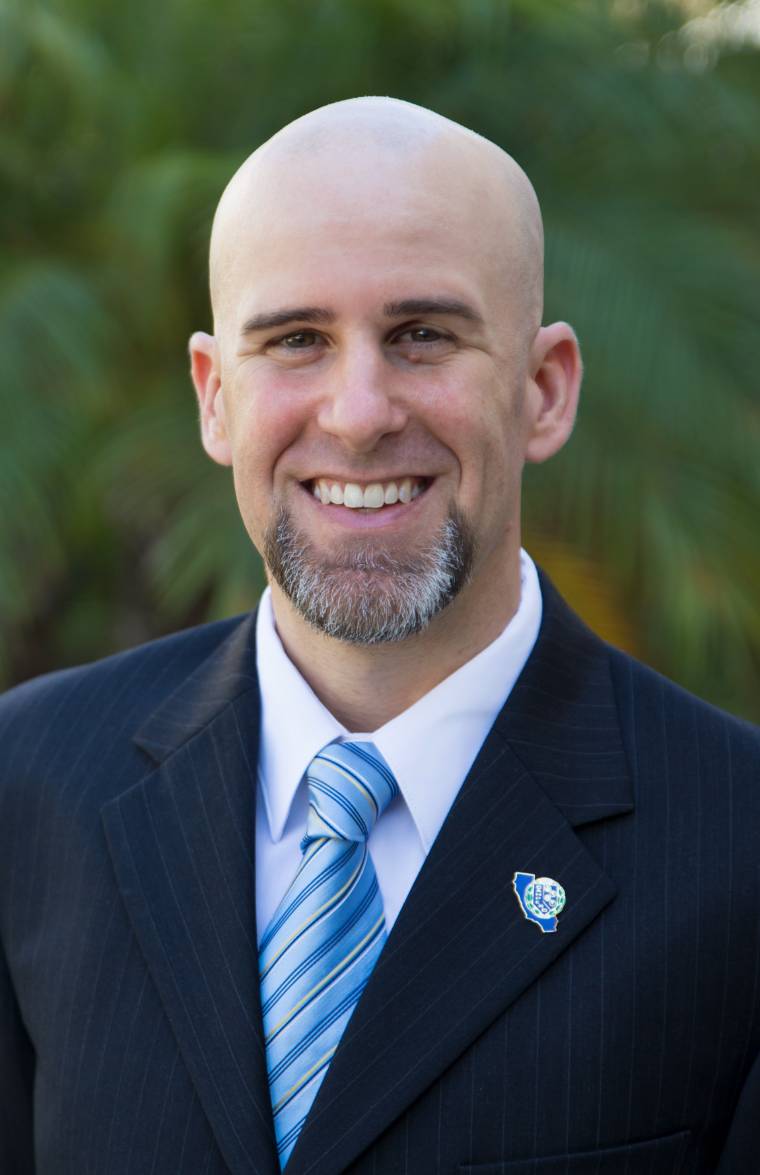 myCSUSM
myCSUSMProfessional Background
Dr. Stuhr is a professor (full) in Kinesiology with a research frame that encompasses the area of social and emotional learning (SEL). He has over 20 years working in the field of sport pedagogy and teaches courses related to social-emotional health and physical education teacher education. His current research focus centers on K-16 student learning associated with adventure-based learning and mindfulness practices.
To view Dr. Stuhr's publications please view his Curriculum Vitae.
For more on Dr. Stuhr's teaching and research please view his Research Colloquim video here.
To view students in-action with ABL view Dr. Stuhr's YouTube Channel.
- Professor, 2019-Present, CSUSM
- Chair, Department of Kinesiology, 2019-2021, CSUSM
- Associate Chair, Department of Kinesiology, 2018-2019, CSUSM
- Program Coordinator Physical Education Minor, 2019-Present, CSUSM
- Program Coordinator for Extended Learning ABSK, 2019-2021, CSUSM
- Program Coordinator for Extended Learning KINE Temecula, 2019-2021, CSUSM
- Associate Professor, 2014-2019, CSUSM
- Assistant Professor, 2008-2014, CSUSM
- Graduate Teaching Assistant, 2004 - 2008, The Ohio State University
- Physical Education Teacher and Co-Chair, 2001 - 2004, San Diego Unified School District
Education
- Ph.D. Sport and Exercise Education - Physical Education Teacher Education, 2008, The Ohio State University
- M.A. Health, Physical Education, and Recreation, 2002, Saint Mary's College of California
- California K-12 Single-Subject CLAD Teaching Credential, 2001, San Diego State University
- B.S. Kinesiology, 2000, San Diego State University
Research
Dr. Stuhr currently has focused his research line on reflective practices within an adventure-based learning (ABL) model. ABL consists of highly structured physical activities with periods of reflection (i.e., debrief) that help promote personal and social development of the participants who take part in the experiential experiences. ABL has been primarily used in K-16 to help students develop intrapersonal and interpersonal relationships, yet the versatility of this model and its focus on enhancing social skills makes it excellent content for any program looking to enhance participant relationship skills (e.g., building community, cooperation, communication, trust, and problem solving).
Dr. Stuhr has conducted over 100 national, state, and local presentations. He has over 70 peer-reviewed research, practitioner, and invited publications (manuscripts, book chapters, published abstracts). Dr. Stuhr has collaborated with several local, non-profit community groups (including K-12 schools) in delivering ABL to promote relationship skills – during this time, documenting how this curriculum promotes supportive learning communities and SEL.
Dr. Stuhr is as a Research Fellow of SHAPE America. SHAPE America helps to empower all children to lead healthy and active lives through effective health and physical education programs. Fellow status is reserved for members who have made significant and sustained contributions to research, creative activity, scholarship, and other related services to their mission.
Dr. Stuhr’s research focuses on student outcomes associated with ABL and mindfulness, specifically exploring how cooperative learning, group processing, and contemplative practices impact the lived-experience. ABL consists of highly structured physical activities with periods of deep reflection that help promote personal and social development of the participants who take part in the experiences. The versatility of this model positions participant enhancement of human relationship skills. Dr. Stuhr also conducts research on contemplative pedagogy (mindfulness practices) and has infused it into the ABL wave. Dr. Stuhr hopes that by using mindfulness students can reap psychological richness and rediscover the transformative power of wonder and joy in the learning process.


Courses Taught
- KINE 150 – Mindfulness in Practice
- KINE 202 – Introduction to Kinesiology
- KINE 304 – Adapted Physical Education
- KINE 306 – Exercise, Fitness and Health
- KINE 307 - Technique and Analysis of Court Sports
- KINE 308 – Technique and Analysis of Field Sports
- KINE 309 – Technique and Analysis of Individual Sports
- KINE 310 – Social and Emotional Health
- KINE 311 – Movement Pedagogy
- KINE 400 – Elementary Physical Education Methods
- KINE 401 – Secondary Physical Education Methods
- KINE 402 – Physical Education Curriculum Models
- KINE 506 - Graduate Seminar
- KINE 510 - Physical Education Methods
- PE 203 - Elementary Physical Education for Children in Schools






